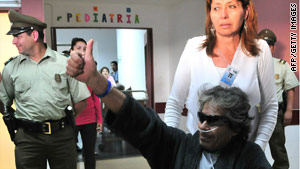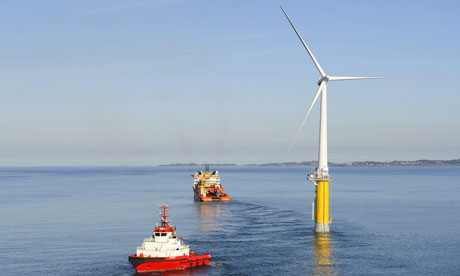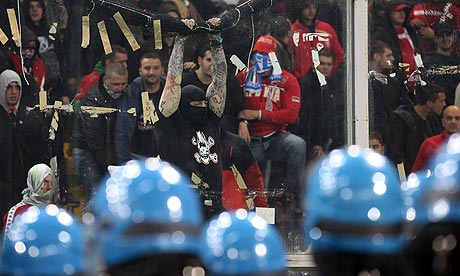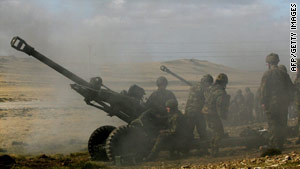 The big news regarding Venezuela today is that President Hugo Chavez and his Russian counterpart inked several important energy pacts. For this post, however, we’ll focus on reports claiming that euthanasia could be legalized in that South American country.
The big news regarding Venezuela today is that President Hugo Chavez and his Russian counterpart inked several important energy pacts. For this post, however, we’ll focus on reports claiming that euthanasia could be legalized in that South American country.According to Venezuelan daily El Universal, legislators are considering adding a clause on euthanasia to a major bill on crime prevention. Though the draft of the Organic Criminal Code (COP in Spanish) proposal doesn’t mention euthanasia by name, it would permit doctor-assisted suicide only under very specific circumstances. Those who could be eligible for such a procedure according to Article 163 of the text includes patients in the “incurable phase” of a terminal illness with their “clear and free” written consent as well as those “diagnosed with brain death.”
El Universal’s coverage of the COP draft has been controversial with one legislator accusing the newspaper of “manipulating information” in order to cause a scandal. Some conservative sectors such as the Venezuelan Catholic Church blasted the proposal over the article on euthanasia and another clause that would legalize first trimester abortions. According to a report from the Notimex agency, however, some members of the ruling party could shelve those sections partly due to the heated debate over abortion in the Brazilian presidential race.
Image- France24
Online Sources- El Universal, SDPnoticias.com, The Guardian














